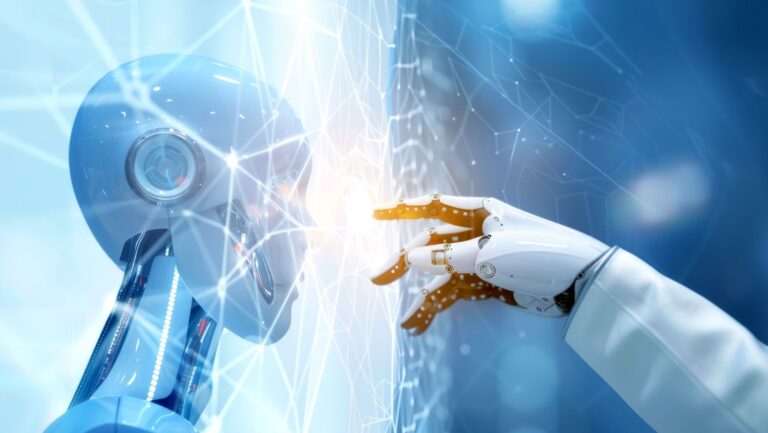In today’s digitally interconnected world, cyber threats are evolving at an unprecedented pace. Hackers are no longer limited to traditional attack methods; they now employ sophisticated techniques such as ransomware, phishing, zero-day exploits, and AI-driven attacks. Organizations of all sizes face mounting pressure to protect sensitive data, financial records, and personal information. One of the most promising solutions in this fight against cybercrime is the integration of artificial intelligence (AI) in cybersecurity systems.
Understanding AI Cybersecurity
AI cybersecurity refers to the use of artificial intelligence technologies to enhance the detection, prevention, and response to cyber threats. By analyzing vast amounts of data and identifying patterns that may indicate malicious activity, AI systems can respond faster and more accurately than traditional security tools. This capability is particularly crucial as cyber threats become more complex and adaptive, often bypassing conventional defense mechanisms.
Proactive Threat Detection
One of the key advantages of AI in cybersecurity is its ability to detect evolving threats proactively. Traditional security systems often rely on signature-based detection, which identifies malware or malicious behavior based on known patterns. However, this approach struggles to identify new or modified attacks. AI cybersecurity tools, on the other hand, leverage machine learning algorithms to recognize anomalies in network behavior, system access, and user activity. By spotting irregularities in real time, AI can flag potential threats before they escalate into full-scale breaches.

Speed is critical when responding to cyber threats. AI-powered systems can automatically investigate alerts, correlate suspicious activities across multiple endpoints, and even execute predefined responses without human intervention. For instance, if an AI system detects unusual file encryption activity, it can isolate the affected devices and notify security teams immediately. This rapid response minimizes the damage caused by attacks and reduces the time it takes to contain breaches, giving organizations a significant advantage over cybercriminals.
Adaptive Learning and Continuous Improvement
Unlike static security systems, AI cybersecurity tools continuously learn from new data. Machine learning models are trained on historical attack patterns and constantly updated with emerging threat intelligence. This adaptive learning enables AI systems to anticipate new tactics used by cybercriminals, improving the accuracy of threat detection over time. The more data the system processes, the better it becomes at predicting and mitigating risks, making it an essential component in an organization’s long-term cybersecurity strategy.
Challenges and Considerations
Despite its benefits, AI in cybersecurity is not without challenges. Cybercriminals are also exploring AI to develop more sophisticated attacks, which means defenses must evolve continually. Additionally, AI systems require high-quality data and careful tuning to minimize false positives, which can overwhelm security teams. Organizations must balance automation with human oversight, ensuring that AI acts as an augmenting tool rather than a replacement for skilled cybersecurity professionals.
Conclusion
The role of artificial intelligence in detecting evolving cyber threats is becoming increasingly indispensable. From proactive threat detection to rapid incident response and adaptive learning, AI cybersecurity provides organizations with the tools necessary to defend against sophisticated attacks. As cyber threats continue to evolve, investing in AI-powered security solutions is no longer optional—it’s essential for safeguarding digital assets and maintaining trust in an increasingly connected world.
By integrating AI into cybersecurity strategies, organizations can stay one step ahead of cybercriminals, reduce the risk of data breaches, and enhance their overall resilience against emerging threats.

